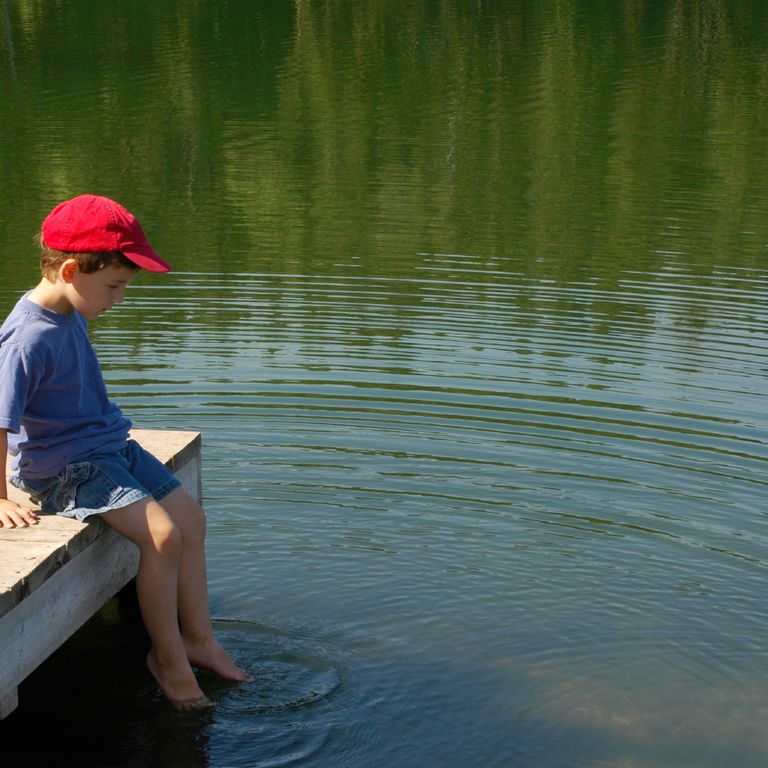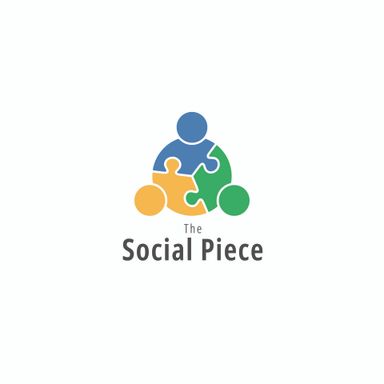
Importance Of Social Skills Training For Autistic Children
Numerous studies show that developing social skills in children with autism can improve peer interaction, reduce problem behaviors, and increase academic achievement. Although social skills are often difficult to learn, there are techniques that can help develop these skills to help children with ASD lead fulfilling social lives. Social interaction can be difficult for children with autism, but it can be made easier by teaching them the skills necessary for positive interaction.
Many children and adults with ASD need special support to learn about social behavior and how to interact with family, friends, and community. People with ASD may be motivated to engage in meaningful interactions with others; however, many require systematic learning to achieve successful social outcomes.
Social skills training (SST) is an evidence-based method to help people with ASD better understand social interactions and ways to socially interact with others. Social skills training (SST) is one of the most common interventions to help manage social skills deficits in people with autism spectrum disorders (Results from Interactive Autism Network Research 2011). Traditional SST teaches children with ASD to interact with their peers by providing personal, live instruction on conversation, friendship, and problem-solving skills.
It's Important to Curate Social Skills Activities for Autistic Children
.
It is unfortunate that autistic children do not get enough social skills and activity opportunities. Autism is a disorder that affects 3 main areas including social skills, communication, and repetitive behaviors. For these reasons, it can be difficult to make friends the traditional way. It is imperative that more social skills activities are curated for autistic children. This is because, without social skills activities, autistic children will not be able to learn the appropriate social skills. As a result, they will be at a disadvantage when interacting with society. This is detrimental to both the child and society as a whole. Social skills are beneficial to both the individual and society. They help individuals communicate better and prevent miscommunication. Additionally, social skills help individuals interact with others in a positive way. When children lack social skills, it can lead to problems in school and later on in life. It is important that we curate more social skills activities to autistic children so that they can have a better chance at success in life.

